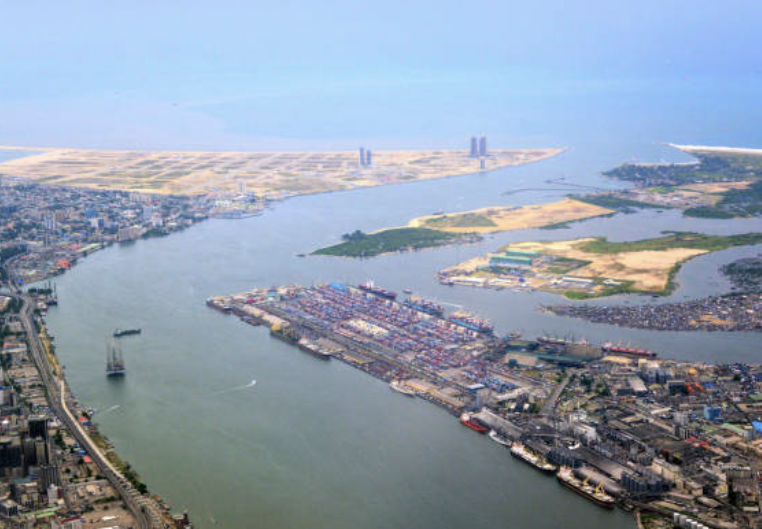
Posted on Thursday, October 31, 2024
Importing roll forming machines into Nigeria involves several key steps to ensure compliance with local regulations and successful integration into your operations.
1. Understand Import Regulations and Compliance
2. Identify Reliable Suppliers
3. Determine Import Duties and Taxes
4. Arrange Shipping and Logistics
5. Customs Clearance
6. Delivery and Installation
7. After-Sales Support
Additional Considerations
By meticulously following these steps, you can facilitate a smooth importation process for roll forming machines into Nigeria, ensuring compliance with regulations and successful integration into your operations.

Used Purlin Roll Forming Machines for Sale Worldwide
Posted on Sunday, January 25, 2026
Pre-Owned Roll Forming Machines for Purlin & Structural Steel Profiles

Used Roof Panel Roll Forming Machines for Sale Worldwide
Posted on Sunday, January 25, 2026
Pre-Owned Roll Forming Machines for Roofing Panel Production

Used Roll Forming Machines for Sale Worldwide
Posted on Tuesday, January 20, 2026
Pre-Owned Roll Forming Machines with Inspection, Verification & Global Support

Steel Coil Supply for Roll Forming Machines Worldwide
Posted on Tuesday, January 20, 2026
Reliable Steel Coil Supply for Roll Forming, Fabrication & Manufacturing Applications
Copyright 2026 © Machine Matcher.